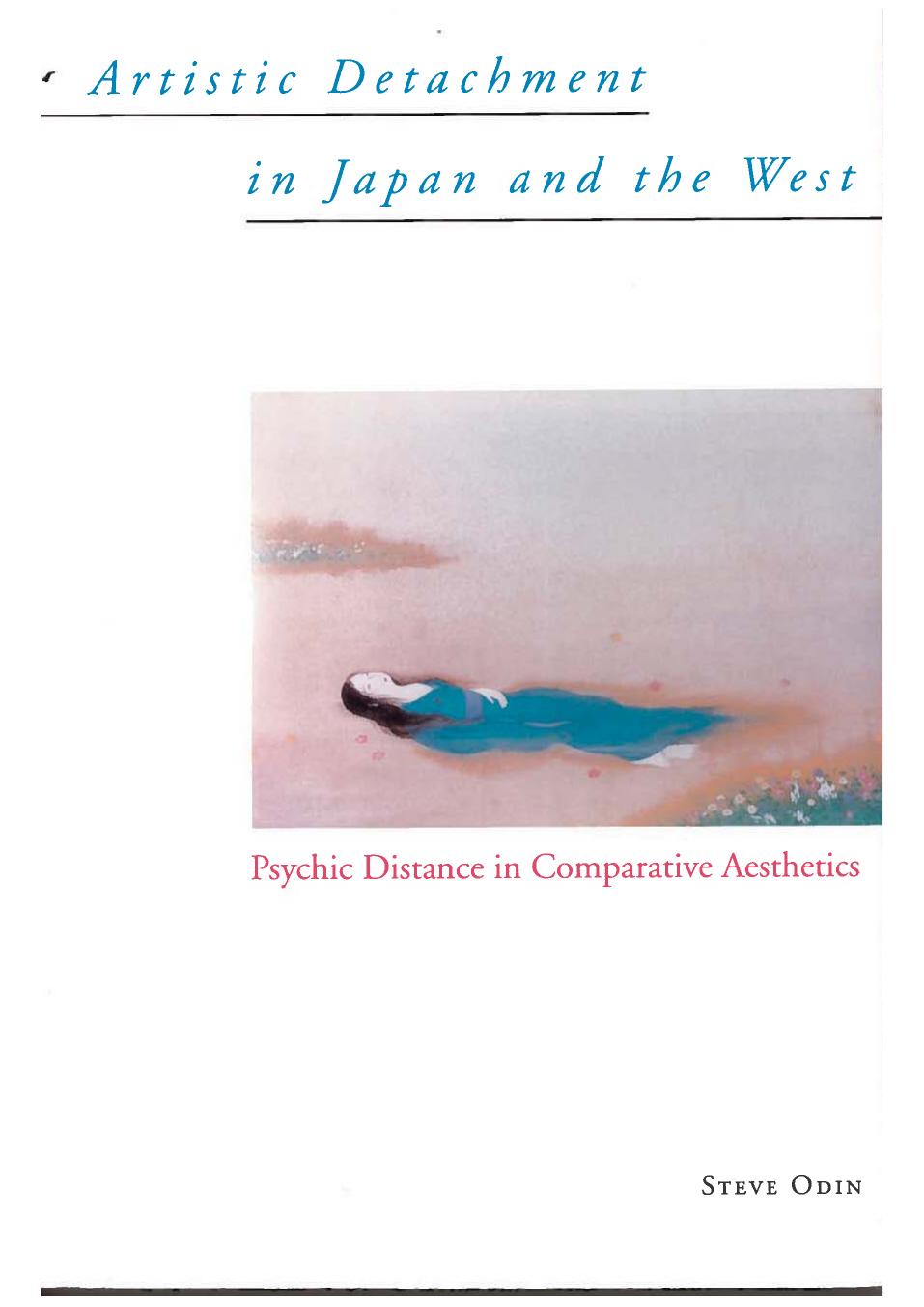

Most ebook files are in PDF format, so you can easily read them using various software such as Foxit Reader or directly on the Google Chrome browser.
Some ebook files are released by publishers in other formats such as .awz, .mobi, .epub, .fb2, etc. You may need to install specific software to read these formats on mobile/PC, such as Calibre.
Please read the tutorial at this link: https://ebookbell.com/faq
We offer FREE conversion to the popular formats you request; however, this may take some time. Therefore, right after payment, please email us, and we will try to provide the service as quickly as possible.
For some exceptional file formats or broken links (if any), please refrain from opening any disputes. Instead, email us first, and we will try to assist within a maximum of 6 hours.
EbookBell Team

0.0
0 reviewsArtistic Detachment in Japan and the West takes up thenotion of artistic detachment, or psychic distance, as an intercultural motif for East-West comparative aesthetics. The work begins with an overview of aesthetic theory in the West from the eighteenth century empiricists to contemporary aesthetics and concludes with a survey of various critiques of psychic distance. Throughout the author takes a highly innovative approach by juxtaposing Western aesthetic theory against Eastern (primarily Japanese) aesthetic theory.
Weaving between cultures and time periods, the author focuses on a remarkably wide range of theories: in the West, the Kantian notion of disinterested contemplation, Heidegger's Gelassenheit, semiotics, and pragmatism; in Japan, Zeami's notion of riken no ken, the Kyoto School's interpretation of nothingness, D.T. Suzuki's analysis of the function of no-mind, and the writings of Kuki Shuzo on Buddhist detachment. "Portrait of the artist" fiction by such writers as Henry James, James Joyce, Mori Ogai, and Natsume Soseki demonstrates how the main theme of detachment is expressed in literary traditions. The role of sympathy or pragmatism in relation to disinterest is examined, suggesting conflicts within or challenges to the notion of detachment.
Author Bio: Steve Odin is professor of philosophy at the University of Hawaii, where he teaches Japanese and comparative philosophy. He is the author of The Social Self in Zen and American Pragmatism.
Read More